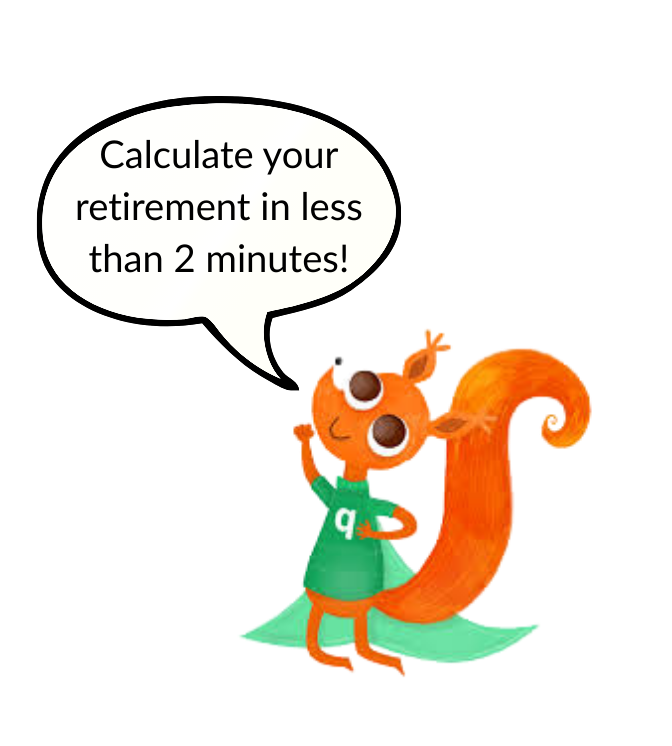Martin O'Malley Jr. | May 07 2025 16:20
5 Essential Economic Terms to Know
Keeping up with economic news can be daunting, especially when it feels like every headline is filled with jargon. Being equipped with the right knowledge is key to shaping informed financial strategies and goals. Here’s a straightforward guide to five essential economic terms that frequently pop up in market updates and policy discussions.
Consumer Price Index (CPI)
The Consumer Price Index (CPI) is a critical measure that tracks the average change over time in the prices paid by urban consumers for a basket of goods and services. As a primary measure of inflation, the CPI provides insights into purchasing power, telling you whether your dollar today can buy as much as it did yesterday, thus directly influencing financial planning and wage negotiations.
10-Year Treasury Yield
The 10-Year Treasury Yield is a key benchmark for determining interest rates and expectations regarding economic growth and inflation. Rising yields often hint at higher inflation expectations or economic growth, while falling yields can signal uncertainty or slower growth, impacting everything from mortgage rates to stock market valuations.
Consumer Sentiment Index
Compiled by the University of Michigan, the Consumer Sentiment Index measures public attitudes toward personal finances, business conditions, and buying plans. It's slightly different from the Consumer Confidence Index, yet both offer insights into consumer behavior. A high sentiment index typically aligns with increased consumer spending, a driving force of economic growth.
Producer Price Index (PPI)
The Producer Price Index (PPI) tracks the average change in selling prices from the perspective of sellers. It serves as a leading indicator of inflation, reflecting how production costs might pass through to consumer prices. If producers face higher costs, those are often passed on to consumers, eventually impacting the CPI.
Consumer Confidence Index (CCI)
The Consumer Confidence Index, issued monthly by The Conference Board, measures how optimistic or pessimistic consumers are about the economy's current and future performance. When consumer confidence is high, people tend to spend more freely, bolstering economic growth. Conversely, low confidence can lead to reduced spending and slower economic expansion.
Understanding these key economic terms can demystify the headlines and provide a clearer view when making financial decisions. With this foundational knowledge, you’re better equipped to navigate market changes and make decisions confidently. Keep this guide handy, and consider sharing it with others who might find it helpful too.

